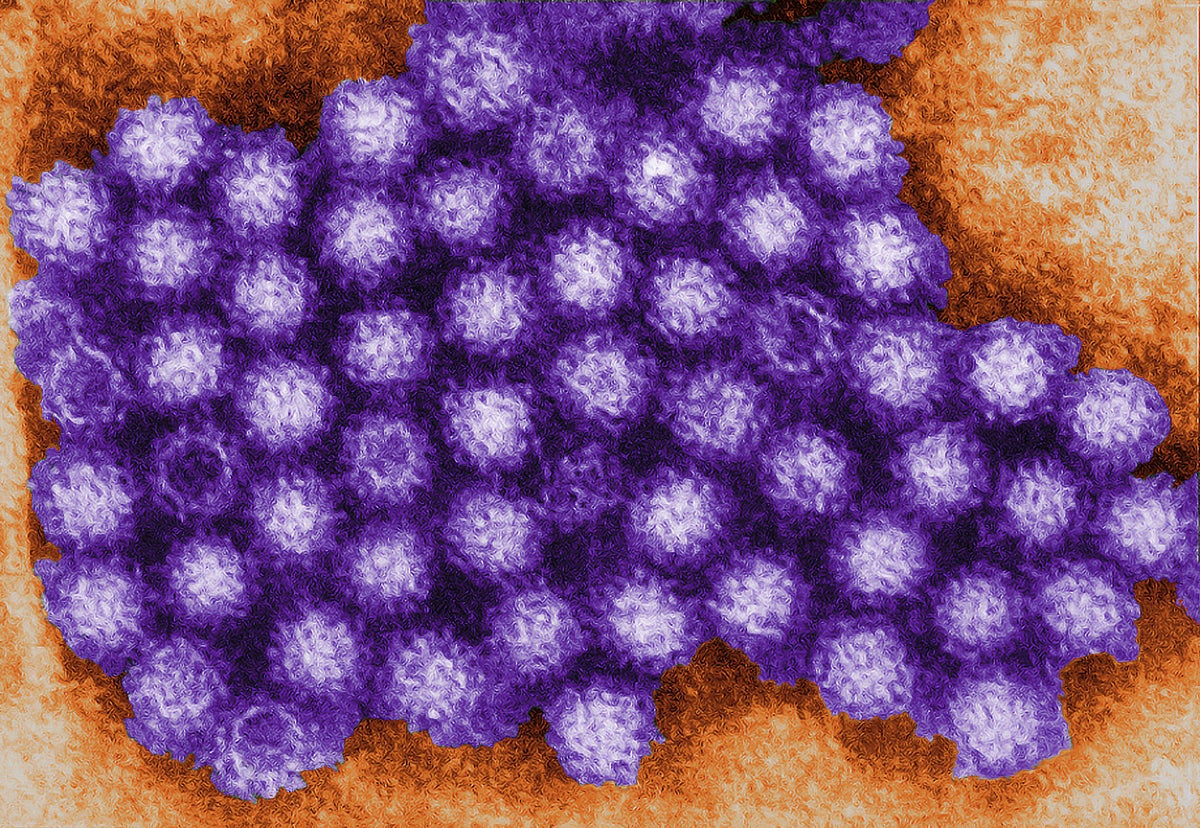
The number of norovirus patients in hospitals is on the rise and is twice as high as this time last year, the latest NHS data shows.
NHS winter pressures data shows 371 hospital beds were occupied by adults with the vomiting bug last week.
Meanwhile, flu and Covid cases are decreasing with 2,034 beds occupied last week compared to more than 5,000 in the first week of January.
And ambulance handover delays outside hospitals in England are continuing to improve, dropping to a new low for this winter.
A total of 20 per cent of ambulance patients waited at least 30 minutes last week to be handed to A&E teams, down from 23 per cent the previous week.
The figure hit a record 44 per cent in the week to January 1.
Some 7 per cent of patients waited more than an hour last week to be handed over to A&E teams – again, the lowest so far this winter, and down week-on-week from 9 per cent.
Last week, The Independent revealed that a record 6,000 patients a month suffered severe harm because of ambulance delays.
Professor Julian Redhead, national clinical director for urgent and emergency care, said: "These new figures show that while there have been improvements in ambulance handovers and fewer flu patients in hospital, the NHS remains under significant pressure - last week saw more people being taken to A&E by ambulance, bed occupancy is still constrained, and illnesses like flu and norovirus are still a very real concern.
“The NHS has done extensive preparation for this winter, including rolling out extra beds, a national falls services and nationwide 24/7 control centres to track and manage demand, and NHS staff are working flat-out to continue to provide the best care for our patients in the face of ongoing pressures.”
The news comes after NHS England announced that the Covid vaccination booster programme will no longer be offered to all ages after February. Following advice from the Joint Committee on Vaccination and Immunisation that the offer of booster doses should end for 16 to 49-year-olds.







